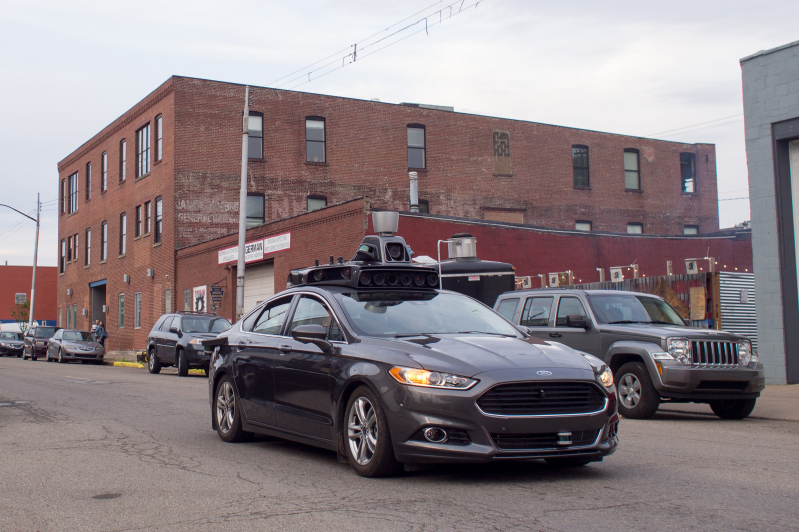
Uber had chosen to move its self-driving cars from the public roads of California to Arizona. This comes after the ride-hailing company was warned by California regulators to stop testing its autonomous vehicles. The office of California’s Attorney General even sent a letter to Uber. The company initially refused to “immediately” remove its self-driving cars.
Uber bid their goodbye to California and packed up on Thursday morning. An Uber spokesman told CNET in an email, “Our cars departed for Arizona this morning by truck. We’ll be expanding our self-driving pilot there in the next few weeks, and we’re excited to have the support of Governor Ducey.”
The SF Gate reported that Arizona Governor Doug Ducey called out California’s regulations as “burdensome”. Ducey said on Uber’s self-driving cars test, “While California puts brakes on innovation and change with more bureaucracy and more regulation, Arizona is paving the way for the new technology and new businesses.” Back in 2015, Ducey had signed an executive order that actually supports the testing and operation of autonomous cars in Arizona.
Uber will continue to test their self-driving vehicles in Phoenix. This was confirmed by a Robbie Sherwood, a spokesman for the Phoenix mayor’s office. Sherwood said, “Phoenix is excited to be an Uber-friendly city, and we are excited that they ae expanding here.”
The company’s decision to move is surprising since the USA Today reported last Monday that Uber said it would keep on testing its 11 self-driving cars in San Francisco. This was after the California’s Office of Attorney General warned Uber that it will lodge a legal action if it does not stop the tests. The letter said that it “will seek injunctive and other appropriate relief”.
It was back on Dec. 14 when Uber announced that it would be “bringing Volvo XC90s to San Francisco…. Starting today, a rider who request an UberX in San Francisco will be matched with a self-driving Uber if one is available”. This prompted the California Department of Motor Vehicles to send a cease-and-desist letter to Uber. Apparently, the popular ride-hailing company was not given a permit by the California DMV to test autonomous vehicles on the state’s roadways, according to the San Francisco Chronicle.
Regulators pointed out it is covered by the California Vehicle Code Section 38750. The DMV also cited 20 companies that actually have permits to operate. Among the automakers who got approval from the DMV are Volkswagen, Mercedes Benz, Google, Tesla Motors, Bosch, Nissan, BMW, Honda, and Ford.






